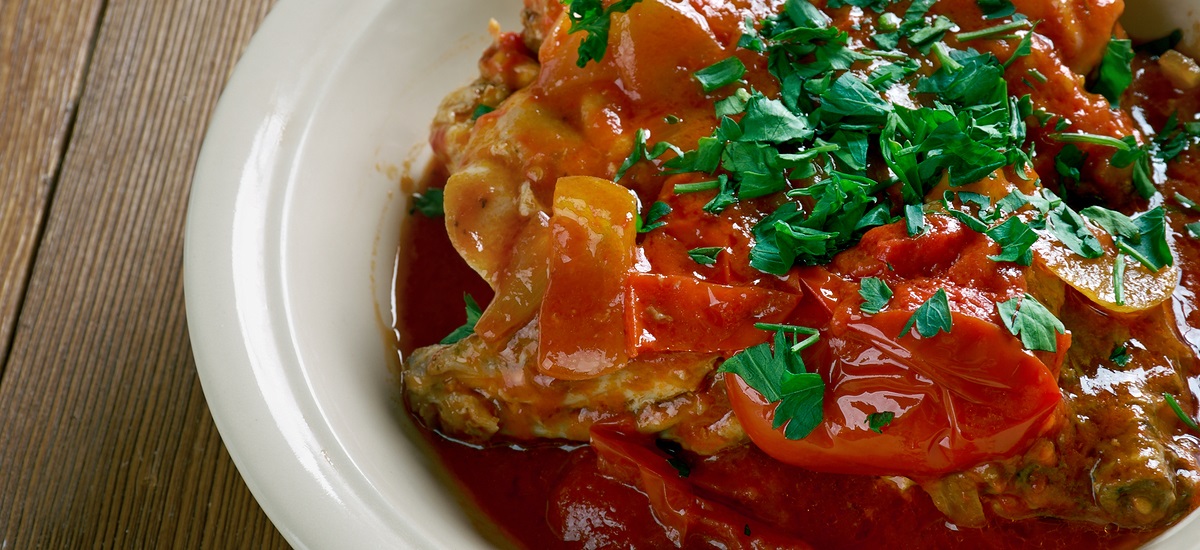Napoleon Bonaparte is one of history’s most famous and decorated conquerors. His name oozes power, ambition, military brilliance and ruthless aggression against one’s enemies.
Napoleon has become a worldwide cultural icon who symbolises military genius and political power. Martin van Creveld described him as “the most competent human being who ever lived”. Since his death, many towns, streets, ships, and even cartoon characters have been named after him. He has been portrayed in hundreds of films and discussed in hundreds of thousands of books and articles.
However, there is a secret about his personality which most people don’t know. The Little Corporal loved poultry with a passion. The military powerhouse ate chicken 24/7, even as his army starved.
Nina Martyris of USA’s National Public Radio writes that the general derived at least part of his military might from chickens, which “were constantly roasted on spits” at his home in the Tuileries Palace in Paris, in case he got the ‘munchies’. He even took them to the battlefield, reports Martyris, writing that “when he rode out of Cairo on Christmas Eve to survey the Suez isthmus, the only provisions he took were three roasted chickens wrapped in paper.”
Napoleon’s need for chicken forced his household staff to adapt. As his private secretary Louis Antoine Fauvelet de Bourrienne wrote in his 1891 memoir, “Napoleon was irregular and fast in his meals, and ate fast and ill…The moment appetite was felt it was necessary that it should be satisfied, and his establishment was so arranged that in all places and at all hours, chicken, cutlets, and coffee might be forthcoming at a word.”
Napoleon’s love for chicken, in some ways was as strong as his prowess in battle. So much so that these aspects were immortally united in the pages of cookbooks by the mythical origin story of the Chicken Marengo!
According to a popular myth, the dish was first made after Napoleon defeated the Austrian army at the Battle of Marengo at Marengo, Italy, when his chef Dunand foraged in the town for ingredients (because the supply wagons were too distant) and created the dish from what he could gather.
Napoleon’s demand for protein-rich provisions at all hours did not extend to his own men on the battlefield. Rather, writes Martyris, Napoleon’s army was often forced to forage for their own food. “soldiers learned by experience that marauding was often a more reliable source of food, horses and other provisions than the army’s supply system” — a hunger that may have driven them to become an even tougher, more hardened force.
To eat all that one is able to eat, is to be a commoner;
To eat all that one would like to eat, is to be a Licious customer.
– (not)Napoleon Bonaparte

